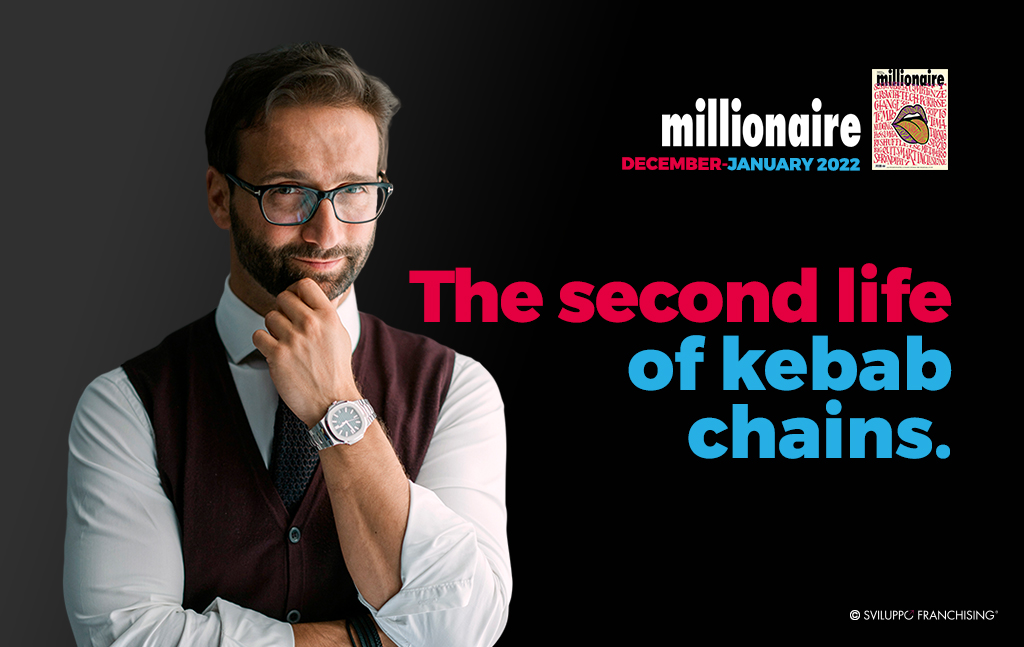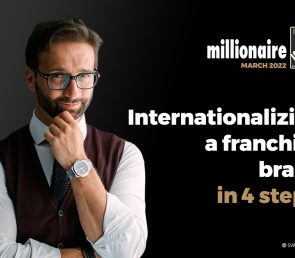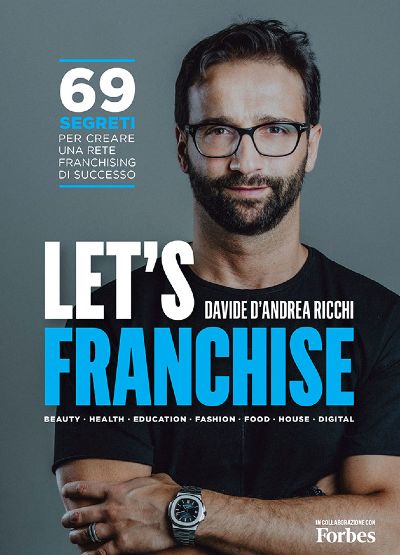
The Second Life of Kebab Chains
Although traditional restaurants represent the largest share of the restaurant “pie,” worth 41.6 billion euros, the demand for ethnic food has grown significantly in the last five years, as evidenced by the 40% increase in companies serving it (Business Coot market study).
Kebab remains a strong proposition in the fast food scene, which, as we’ll see in this article, is undergoing a “makeover.”
In recent days, kebab has captured the attention of the press with a well-known entrepreneur and influencer, Gianluca Vacchi, who, in a viral video, showed Keb, a tall masked man with a red kebab-shaped head. A true mascot that, as I write this article, is circulating on social media near new openings, attracting sympathy and curiosity from passersby.
The chain starts with 5 direct openings (3 in Milan and 2 in Rome), and from the initial press releases, some elements of the new food chain emerge (such as kebab made from black angus, eco-friendly packaging, the choice of Italian and locally sourced suppliers) that show well how, in this sector, there is little left to invent except to push full throttle on social communication and secure top locations. As I argue in the first chapter of the book “Let’s Franchise,” guessing the right place is already halfway there. We’ll discover after the openings the marketing mix and the economic feasibility of the model.
In the kebab franchising world, there are those who aspire to become a success story and those who are already cited as one. Here I can only analyze two in a concise manner – for those who want to delve deeper, they can write to me: one chain born in Italy in 2000 and which has managed to expand to open points of sale in the United States and Canada (SKK Italy); and another company that, starting from a Turkish immigrant in Germany, has managed to reach the Middle East. Let’s try to draw useful lessons from each for those aiming to launch a franchising format in the fast food sector.
Rebranding to Build the Future
In 2001, Naser Ghazal, a Palestinian who fled due to the war in the seventies, first to Jordan and then to Italy, decided, after studying architecture and marketing, to launch a restaurant chain with kebab as the protagonist. Imagine being an immigrant in another country and having to search for money and partnerships! At first, the road for Naser was uphill, but thanks to his determination, he launched a first location, called Shockabab. Naser initially expanded to reach five points of sale, which then became forty over the years. In 2010, he carried out a first rebranding: this is how SKK Italy was born, with a slightly different philosophy from the first point of sale, namely “to offer an alternative experience to classic fast food.” This first rebranding was followed by another to consolidate the internationalization of the formula: the chain then became SKK United Nations of Mediterranean Food, which accompanied a change in the menu, now a mix of Mediterranean dishes, and openings in the United States and Canada.
What lessons can we draw from Ghazal’s story?
- Create solid partnerships: in the early stages of his chain, Ghazal worked to create partnerships with agri-food companies like Cattel and in furnishing like Bellamio;
- Offer clear values: all of SKK’s marketing activities over the years have had clear values that have been repeated over time, namely, family-friendly and the importance of tradition: going in this direction are the grilling of meat and close agreements with local suppliers;
- Innovate over time, don’t settle. Despite the success of his initiatives, Ghazal aimed to innovate over time, changing brands, menus, and goals, and only an easily scalable format allows you to do so.
GDK and the Importance of Control
If we talk about kebab restaurants, we cannot fail to mention the father of European kebab, namely Kadir Nurman, a Turkish immigrant who in Germany in 1989 founded German Doner Kebab. His story is one of a true obsession with continuously improving the product, from the bread used, to the spices, to the meat, Nurman worked tirelessly over the years on optimizing his culinary offering. With his own efforts, he expanded the company in Germany, in the UK, to Dubai, before exiting, selling his shares to the Sarwar family of entrepreneurs in 2017. With the family’s ownership, a transformation towards a more centralized format was accentuated, with greater control and training for the chain’s franchisees, which today can count on about 80 points of sale across Germany, the UK, the Middle East, the USA, and Canada.
What lessons can we draw from German Doner Kebab’s success story?
- Create solid processes for choosing franchisees: GDK has always stood out for its tough selection processes for its franchisees, consisting of several interviews in which a team of managers considers the potential of the entrepreneur and their adherence to the company’s values;
- Work on chain control: GDK has a team that frequently visits the points of sale with specific protocols and has opened channels to periodically dialogue with its franchisees, asking for feedback and offering advice;
Constantly improve training: even in the training field, GDK is an inspiring model. Especially in the launch phase of the points of sale, there is a compact, standardized training intervention, even on cross-cutting skills, to start franchisees off on the right foot and allow them to achieve sales goals in the shortest possible time.







